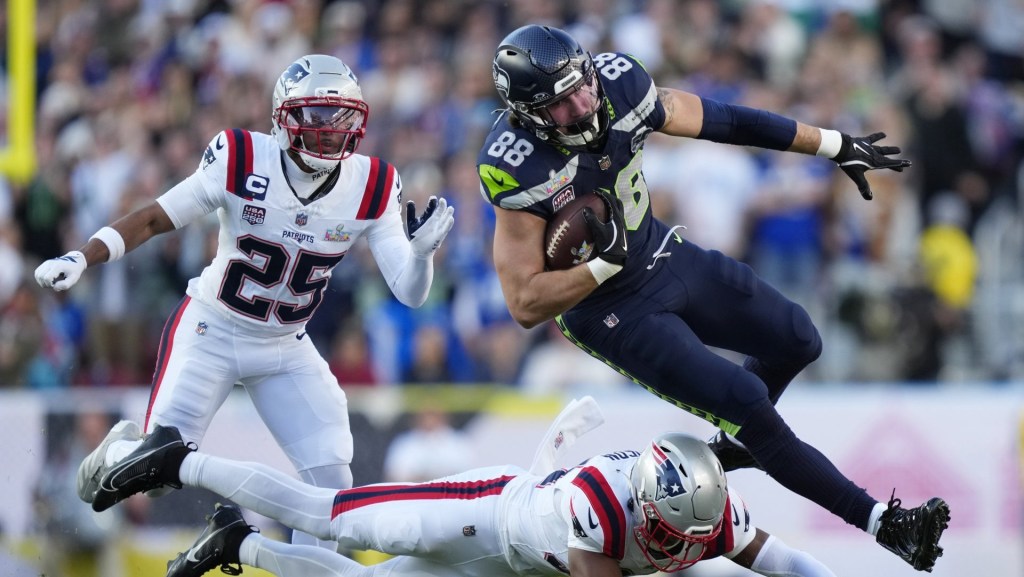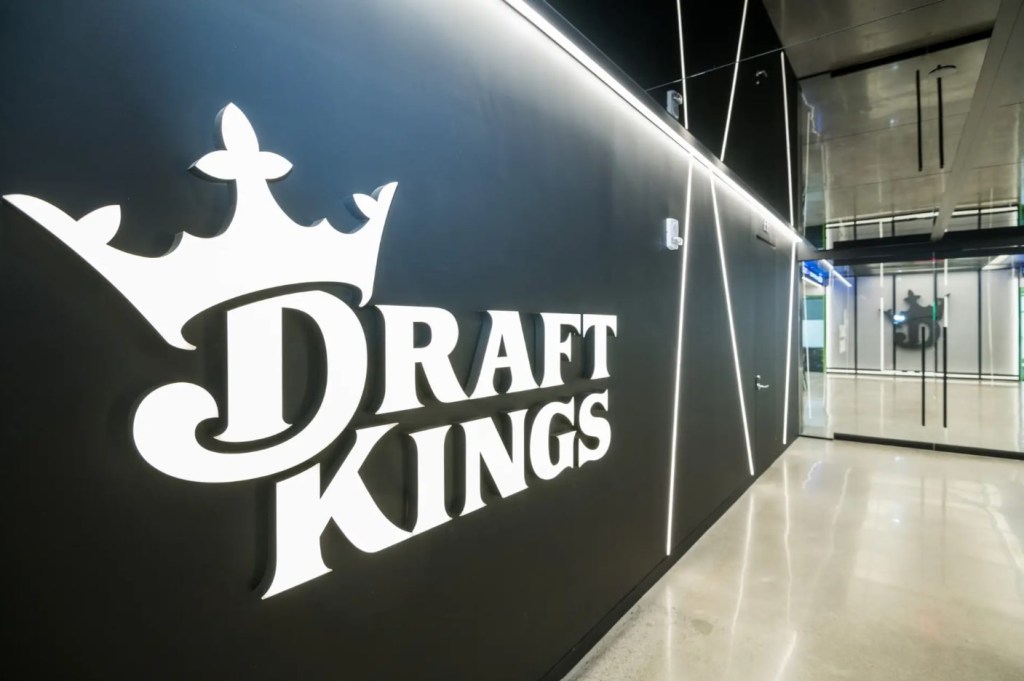ESPN’s $2 billion deal with PENN Entertainment to create ESPN Bet represents a massive bet on its ability to break what has quickly become a U.S. sports betting duopoly between FanDuel and DraftKings.
In the five years since the U.S. Supreme Court allowed individual states to set their own sports betting rules, FanDuel and DraftKings have used large marketing spends and their existing presence in fantasy sports to collectively control more than 70% of the domestic online sports wagering market. Including Caesars and BetMGM, the combined market share reaches about 90%, leaving any other operator competing for scraps.
Even as key new states such as New York have entered the market over the past two years, FanDuel and DraftKings quickly established the same level of market dominance, helping lead to the demise of a growing series of former challengers including MaximBet, Fubo Sportsbook, Churchill Downs, theScore, and most recently, Fox Bet.
“Best case, at least in the short term, is ESPN and PENN getting on the podium,” into third place, Dustin Gouker, a sports betting consultant and longtime gaming journalist, told Front Office Sports. “PENN clearly calculated there was far greater upside in this deal than staying with Barstool, and they may have already hit a ceiling with Barstool. So PENN is clearly saying ESPN is the bigger brand, which it obviously is, and that they can go further now.”
Exactly how much further rests in large part on how aggressively ESPN puts its marketing muscle behind the pact. The PENN Entertainment deal specifically calls for high levels of content integration for ESPN Bet within ESPN’s ecosystem and access to network talent.
But the forthcoming NFL season — set to be a major sports betting event and roughly coinciding with the fall debut of ESPN Bet — will serve as a critical indicator on the depth of ESPN’s intentions with this deal.
“What I’m looking to see is how motivated ESPN really is in helping to convert users,” Gouker said. “If they really get behind this, there’s certainly room for growth.”
That growth, however, could be additionally challenged by not only the established incumbents, but by Fanatics, newly buttressed with its $225 million purchase of PointsBet’s U.S. operations.
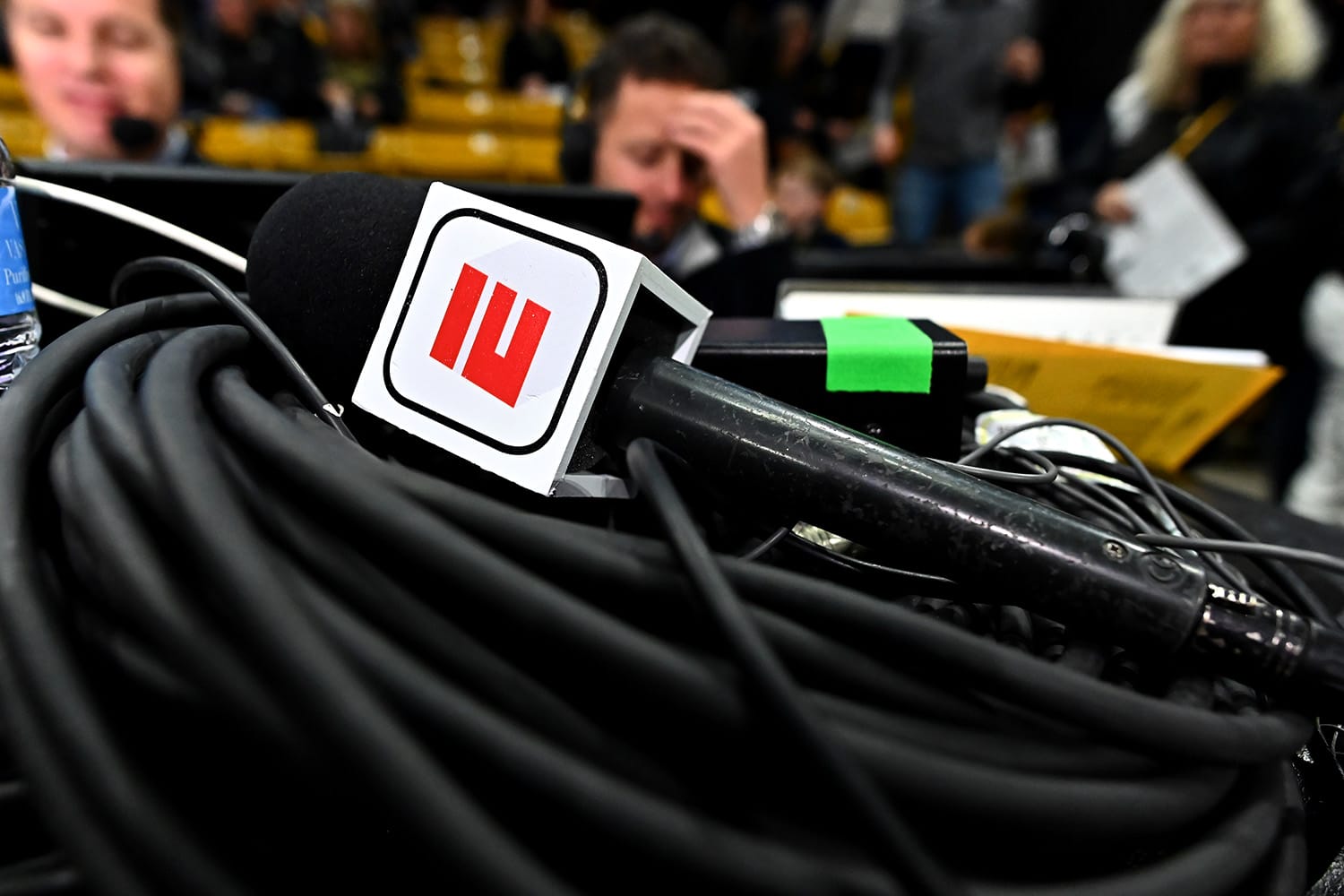

![[Subscription Customers Only] Jun 15, 2025; Seattle, Washington, USA; Botafogo owner John Textor inside the stadium before the match during a group stage match of the 2025 FIFA Club World Cup at Lumen Field.](https://frontofficesports.com/wp-content/uploads/2026/02/USATSI_26465842_168416386_lowres-scaled.jpg?quality=100&w=1024)

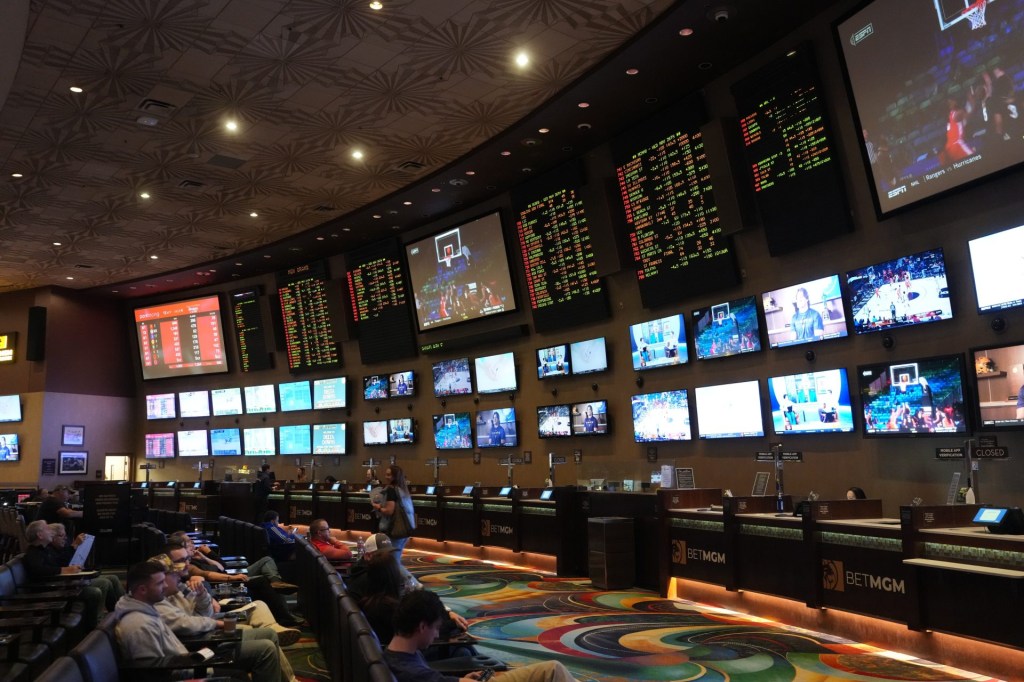
![[Subscription Customers Only] Jul 13, 2025; East Rutherford, New Jersey, USA; Chelsea FC midfielder Cole Palmer (10) celebrates winning the final of the 2025 FIFA Club World Cup at MetLife Stadium](https://frontofficesports.com/wp-content/uploads/2026/02/USATSI_26636703-scaled-e1770932227605.jpg?quality=100&w=1024)



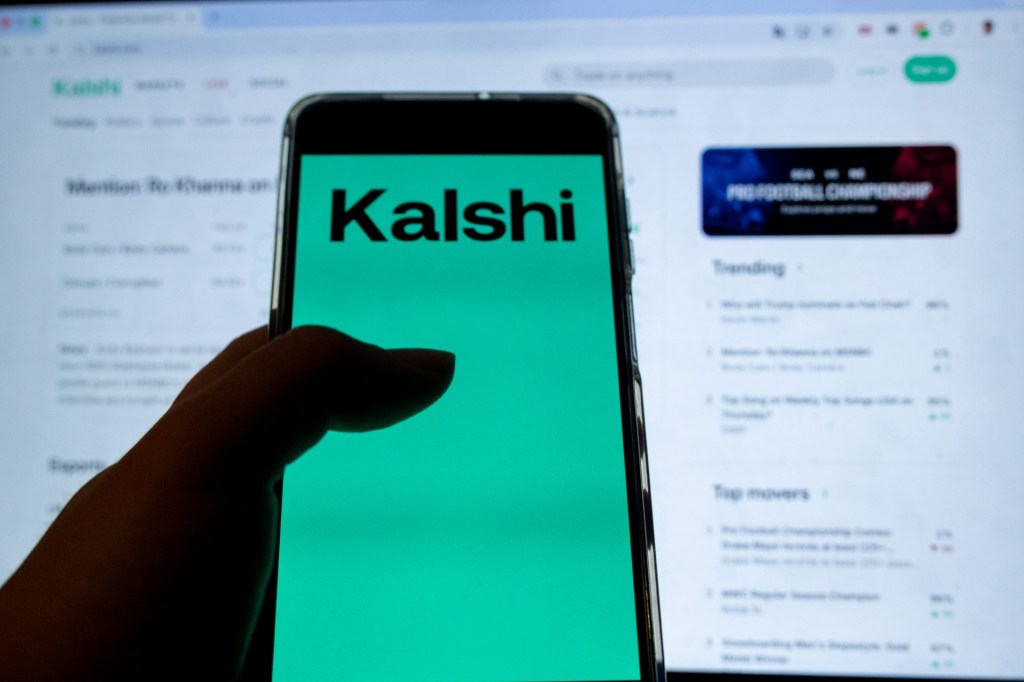
![ESPN Bet broadcasts inside the PGA Tour Studios building in Ponte Vedra Beach, Florida, on March 14, 2025. [Clayton Freeman/Florida Times-Union]](https://frontofficesports.com/wp-content/uploads/2026/02/USATSI_25668497_168416386_lowres-1-scaled.jpg?quality=100&w=1024)


